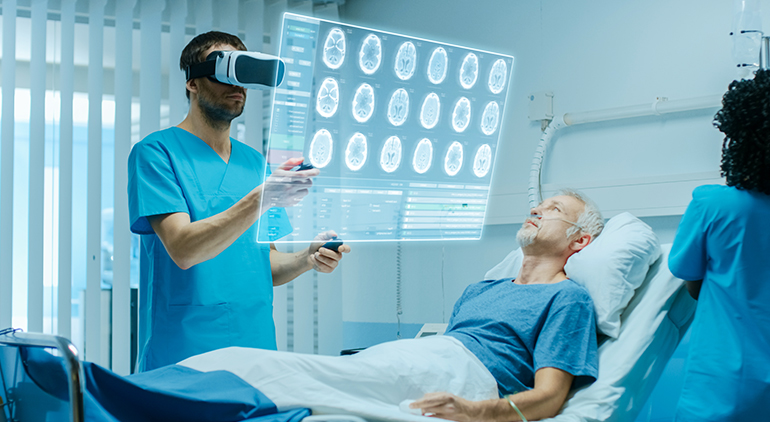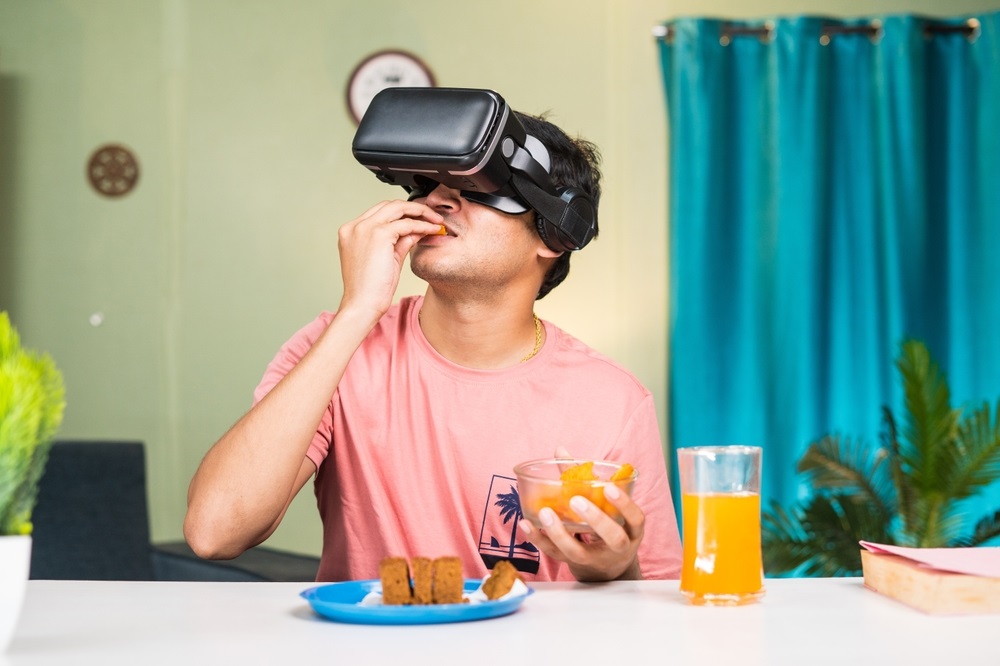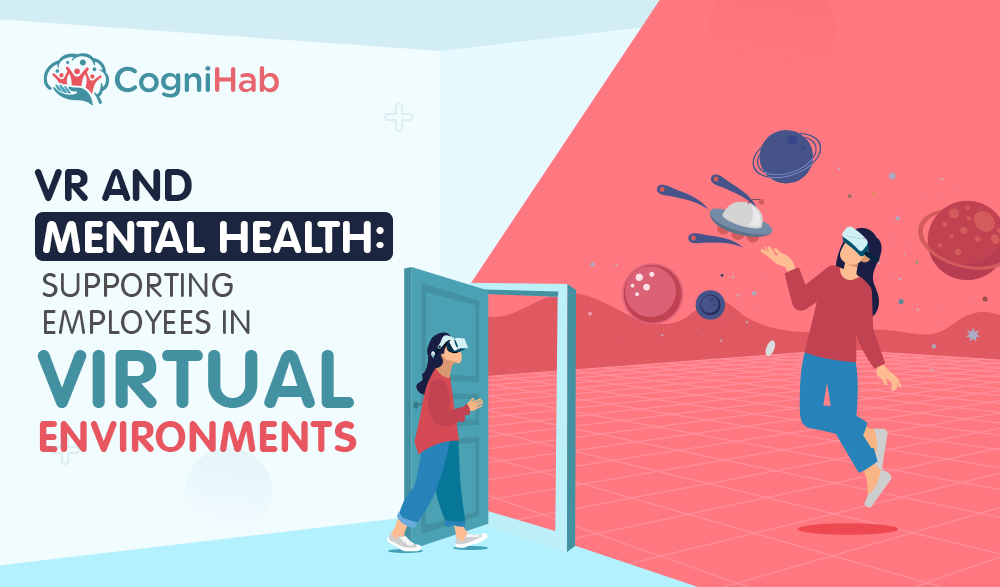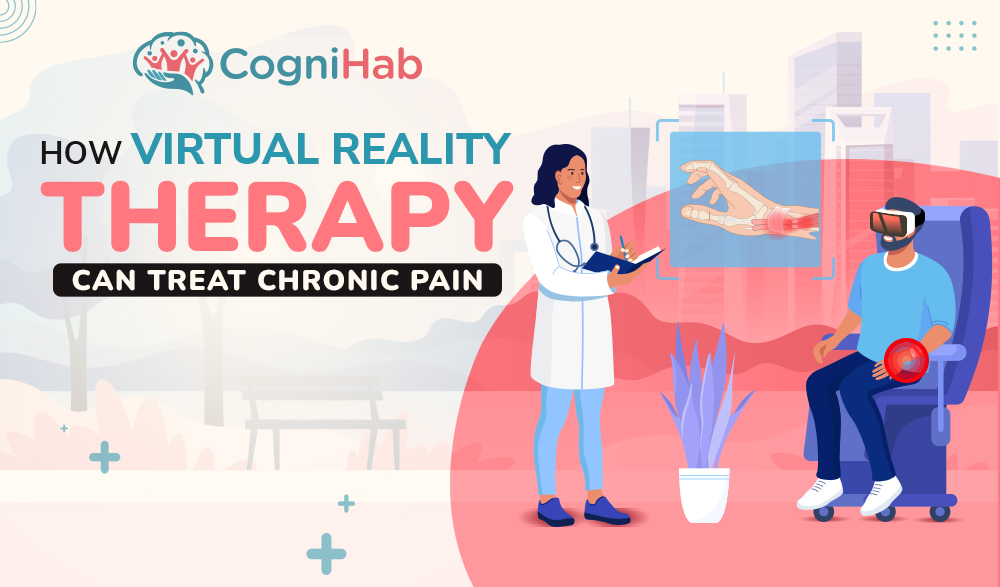The Power of Healthtech in Developing Countries
According to The World Health Organization (WHO), Health technology or healthtech is “the application of organized knowledge and skill in the form of devices, medicines, vaccines, procedures, and systems developed to solve a health problem and improve quality of lives".
This includes pharmaceuticals, devices, procedures, and organizational systems used in the healthcare industry, as well as computer-supported information systems.
A better understanding of the human body and diseases have greatly impacted the treatment of patients over the years.
Innovative healthcare technology trends like Artificial Intelligence, robots, the internet of things, cloud computing, augmented reality, virtual reality, etc are truly changing this sector rapidly.
Healthtech development is revolutionizing, the way traditional healthcare was perceived and its processes, it is striving to maintain good health by preventing ailments and empowering people to be conscious of their health.
The rise of the wellness trend among people, exemplified through the usage of remote health monitoring via wearables and smartphone applications, availability of health data online, recommendations from healthcare providers, among others, empower patients towards a better and secure future.
Healthtech is changing the way information is transmitted, especially in developing countries and underdeveloped regions. With most of the global population having access to mobile phones, diseases are now easier to track and diagnose, information can be transmitted faster in order to reach more people
Benefits of Healthcare Technology
It is a fact that healthcare technology is constantly improving the quality of our lives. Technology in the realm of healthcare is exerting a massive impact, encompassing all the practices and procedures to both patients and professionals alike. Let us discuss some instances.
● Digitalization of health records
Digitalization of health records is basically discarding the age-old practices of using paper records with electronic health records. Due to this, the patients and healthcare workers are able to access the records and rectify errors quickly.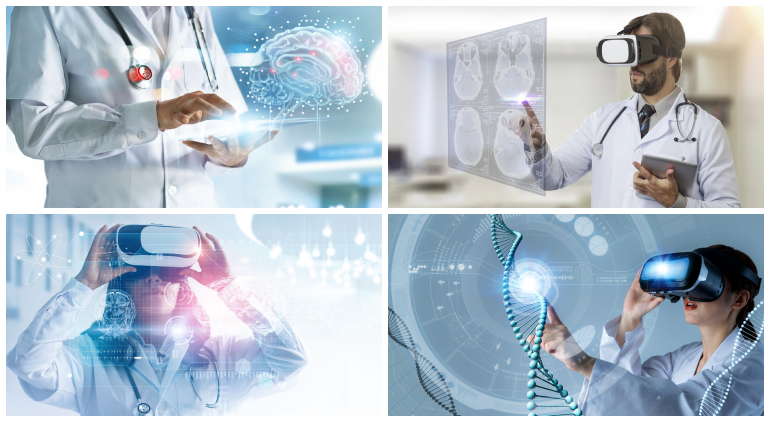 Digitalization enables a more connected, seamless, and holistic healthcare system. For example, the Internet of Things integrates data from digital health technologies like sensors, wearables, apps with other healthcare systems under one digital platform or interface.
Digitalization enables a more connected, seamless, and holistic healthcare system. For example, the Internet of Things integrates data from digital health technologies like sensors, wearables, apps with other healthcare systems under one digital platform or interface.
● Educating people via message service
In developing countries, digital communication is utilized to obtain health information which can provide a number of benefits.Short message services (SMS) can be widely used to provide and make people acquainted with necessary health precautions or information.
Related post: Uses of Augmented Reality in Medical Education and Training
● A Boon for remote areas
Health technology is making health care more accessible in remote areas, especially in developing countries. In certain remote areas where mobile signals can be found, experiments, and analyses are performed and evaluated with the help of digital technology.
Digital communication platforms can facilitate the process of conveying, health resources and information to professionals and patients, in developing countries. Hence, health tech is emerging as a boon for remote areas as it is increasing the chances of survival for some patients.
● Lower healthcare cost
According to researchers, shifting to digital healthcare platforms is reducing healthcare costs while catering to the need of a significant amount of patients within a stipulated time.
● Telemedicine
As the pandemic rolls on, the importance of telemedicine is reiterated in society as a large number of patients rely on this technology to avoid infection. Telemedicine is the method of acquiring healthcare through telecommunications technologies.
Telehealth is gaining popularity because, in rural areas where access to hospitals and other health-related services are limited, patients can use internet connection to meet doctors virtually also the cost associated with telehealth is quite decent.
Healthtech Developing Countries
If we have to compare the ways technology has improved the lives of humans across the globe, the most meaningful way is the technological advances in medicine.
Starting from the time of the invention of X-ray machines, ECG machines, patient monitors to improvements in surgical practices, technology has made a ubiquitous presence in healthcare which eventually made our lives healthier.
As technology is progressing further, we continue to develop mechanisms backed by healthtech that cure illnesses and improve our quality of life.
In the field of health tech, Cognihab is an organization that is helping patients and doctors alike to rise above their limits through virtual reality. Cognihab is on the mission to become the world’s first & only all in one VR-based healthcare solution provider.


